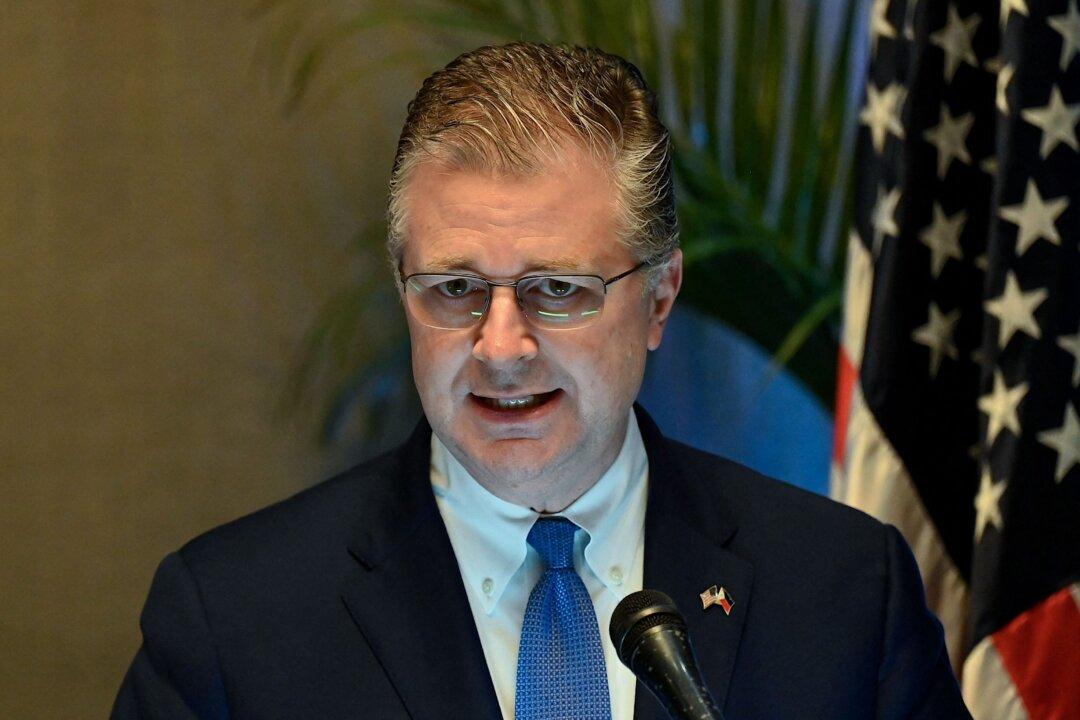Top diplomats of the United States and China held “in-depth talks” on Asia-Pacific affairs, including tensions in the Taiwan Strait, amid efforts to maintain open lines of communication between the two countries.
Assistant Secretary of State for East Asian and Pacific Affairs Daniel Kritenbrink met with Chinese Vice Foreign Minister Sun Weidong in Washington on Sept. 28, according to the State Department.





